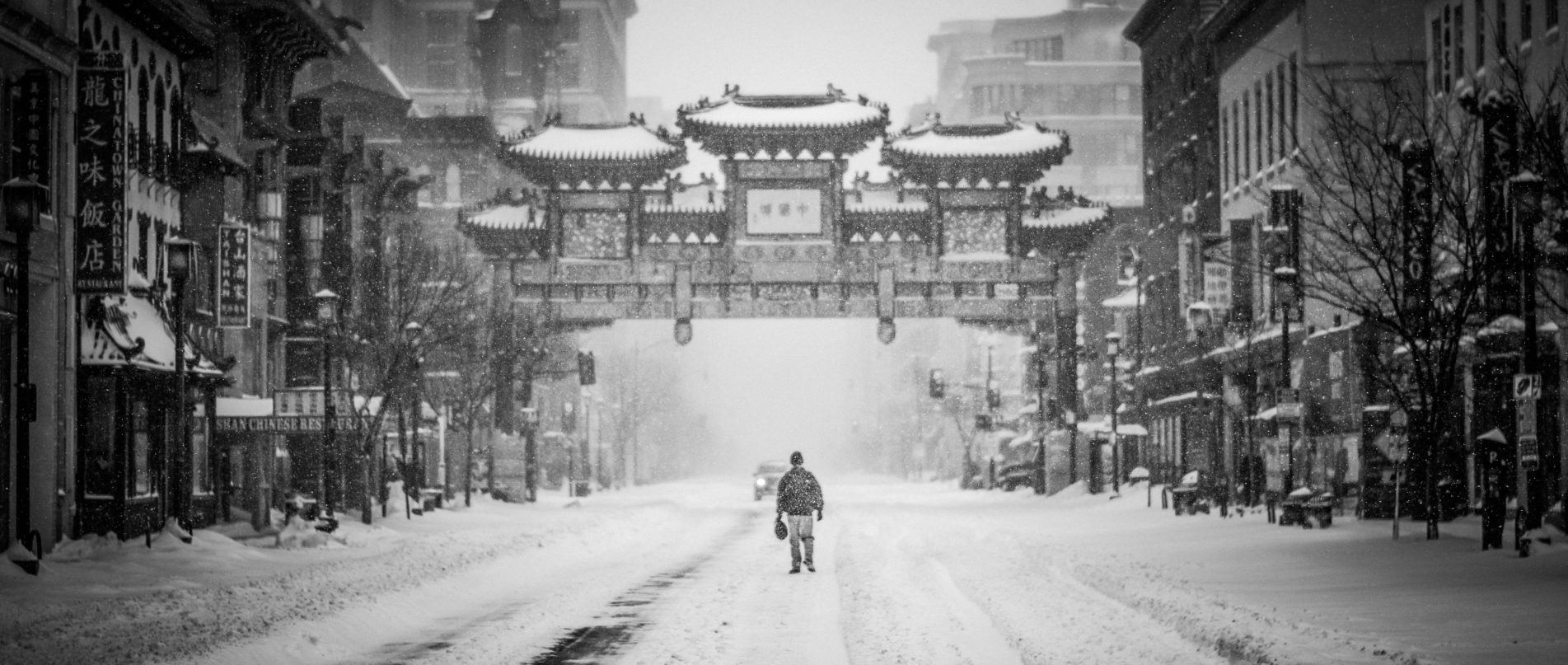
Prompt Images
This is my home.
I’ve grown up here.
I moved to the District of Columbia in 2005 at the ripe age of 22. And, as I’ve grown, I’ve watched D.C. grow, street-by-street and neighborhood-by-neighborhood. In so many ways, I’ve felt like this place is a reflection of me. And as much of the country agrees on nothing but the “incompetence of Washington,” I for one am proud of my city.
But I’m not the only one proud to be here.
One of my favorite hobbies over the past few years has been reintroducing D.C. to friends and family. Some have simply not visited the city in years, while others consider it exclusively a home for political wonks and hacks. In both cases, I like to show off the city’s burgeoning culinary scene, trendy neighborhoods, and new luxury apartments. I recognize this makes me sound like some yuppie scenester. But I’m NOT that guy… right?
I’m smart enough to know that not everything about gentrification is good. But, onward and upward, right?
As someone who has lived in this city for over 10 years, and more recently, even purchased property, I’ve loved watching and celebrating D.C.’s rise. In genuinely embracing D.C. as my home, I’ve felt like it was my right. After grad school, I began my professional life in the city by living and working in Ward 7 and 8 in youth development. I lived at 21st and Benning NE, when it was nearly impossible to get a taxi to take you home. I was in Columbia Heights before the Target moved in and the bar scene took off, and so, watching as these neighborhoods come alive with commerce and streetlights and foot traffic has been wild and exciting.
And yet.
A few weeks ago I was at a family-run tailor in the Shaw neighborhood, picking up a pair of pants that had to be lengthened at the hems. In my role as “tall guy in the neighborhood,” I’ve found myself in this shop a few times, chatting with the owner, a no-nonsense but kind woman who may not know me by name, but rather by face and the length of my inseam. And on this day, I asked her how business was going, especially since the new apartment buildings had sprouted up down the street. A light enough topic, I thought.
“Business is good,” she replied, then something changed in her demeanor. “Why do you think it wasn’t good before?”
“No,” I explained, a little on my heels. “Just better?” I’m a fixer. A nice guy. A people-pleaser. And all I wanted in this moment was for her to understand I meant no harm. That I wasn’t that guy.
I knew she owned the business back when it used to be on 14th Street in the 90s. Before it became the destination spot for fine dining and expensive coffee and boozy brunch. I thought that knowing bits of D.C. history might bridge the divide.
“It must be a bit easier than when your shop was on 14th Street in the 90s, right?”
At this point, her face turned to ice. And I, to stone.
“Why would you say that?” she responded, raising her eyebrow. “What makes you think business wasn’t better then?”
“You know,” she continued, “You people think D.C. was nothing before you came here. Did you think we didn’t like nice stuff, our clothes tailored, good food? D.C. was just fine before you got here, and it will be fine when you decide to leave.”
Seemingly having made her point, she switched back the business at hand: pants that were too short for a guy that is too tall.
Was I a little hurt by being referred to as you people? Sure I was. But was she right to be offended by my audacious, almost literally whitewashed misperceptions? Yup.
It took this woman’s brazen counterassault to change the rags to riches story that I had been playing out in my head about D.C. I realized I was talking about D.C. like some conquering hero, who braved early mean streets, only now to revel in its rooftop pools and tapas. I could hear myself saying dozens of times in tours around the city, now with disgust, “I remember when you didn’t want to be in this neighborhood.” Wait. Was I that guy this whole time?
Before the hipsters and the Lululemon moved in, was D.C. some empty, sad place? No, my better self understands, there was business, school, love, and culture then as there is now. I’m in no place to assert D.C.’s phoenix-like rise, which implies that it came from the ashes—that there was nothing.
So friends, before we open our mouths to sing the praises of D.C.’s rise, let’s remember there was a strong heartbeat to this city, long before millennials decided to move in. And failing to recognize that heartbeat will not only drive a wedge between the fellow residents but also steal the life and the history from the vibrant city we all love.



